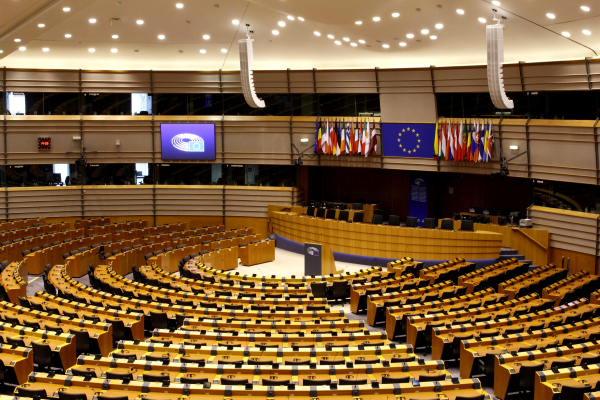The European Parliament has announced that it has voted to approve reforms to the Carbon Border Adjustment Mechanism (CBAM), introducing a streamlined framework designed to ease compliance for small importers.
It was emphasized that the reform contributes to supporting competitiveness, while ensuring a just transition for EU industries and maintaining climate neutrality goals for 2050.

Key reform: New import threshold
A central change is the introduction of a de minimis mass threshold. Imports of up to 50 mt per importer per year are now exempt from CBAM obligations. 90 percent of importers will fall under this exemption, particularly SMEs and individual importers handling small volumes.
Crucially, the reform preserves climate integrity. 99 percent of emissions from imports of iron, steel, aluminum, cement, and fertilizers will remain covered by CBAM.
Simplification of CBAM rules
For importers still covered by CBAM, the legislation introduces simplifications across several areas:
- Authorization process is streamlined for easier access
- Emissions calculation is clarified and standardized
- Verification procedures are simplified for reporting obligations
- Financial liability becomes clearer for CBAM declarants
These measures are designed to reduce administrative burdens, addressing concerns raised by businesses while keeping the mechanism effective.
Safeguards against abuse
The revised CBAM also includes stronger anti-abuse measures aimed at preventing circumvention. This ensures that the new threshold cannot be exploited to evade compliance.